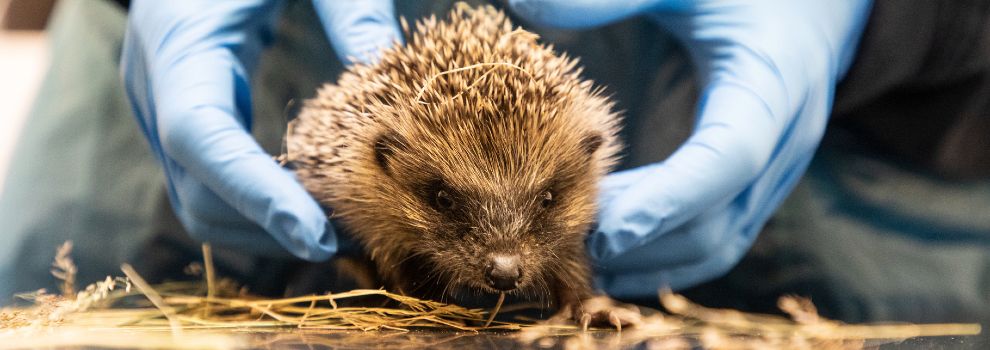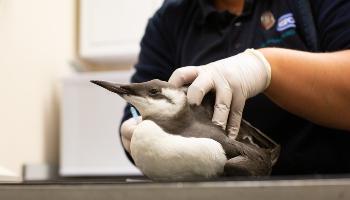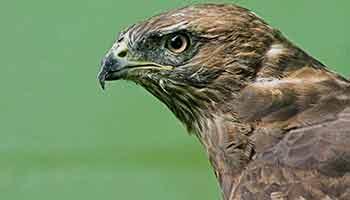Wildlife rehabilitation
Wildlife rehabilitation is the treatment and care of a sick, injured or orphaned wild animal and its preparation for release to a successful life back in the wild.
Our staff carry out many wildlife rescues and we have four wildlife centres that admit over 18,000 wild animals each year.
Download our rehabilitation factsheet Back to the wild.
The RSPCA has developed standards for the rehabilitation of wildlife, with the help of people within and outside of the RSPCA, including our inspectorate, vets, wildlife experts and rehabilitators.
Tough choices
Our ultimate aim is the successful release of all wild animals back to the wild, ideally back to the area where they were found where possible (if known).
However our work is to improve the welfare of casualty wildlife and knowing that wild animals get stressed easily in captivity, we have to consider whether treating it will do more harm than good.
We think it's unfair to put wild animals through a traumatic experience if their chances of recovery and release are low, so those that are unlikely to survive in the wild are put to sleep.
Becoming a rehabilitator
A licence is not currently required to rehabilitate animals, but future legislation may change this. We would support legislation requiring all wildlife rehabilitation centres to be licensed as we have concerns about the current lack of regulation.
Rehabilitators must consider the needs of any animal they have in care, as defined in the Animal Welfare Act. Download a guide for rehabilitators.
Licences are required for some activities, such as the keeping and release of grey squirrels or certain birds of prey.
The British Wildlife Rehabilitation Council (BWRC) encourages rehabilitators to learn from each other with an annual conference and newsletter. Anyone rehabilitating wildlife should learn about the ecology or behaviour of the species first.
Wildlife casualties are first and foremost wild animals, the more people understand about how they behave, where they live and what challenges they face, the better they will be able to care for them and prepare them for release.





